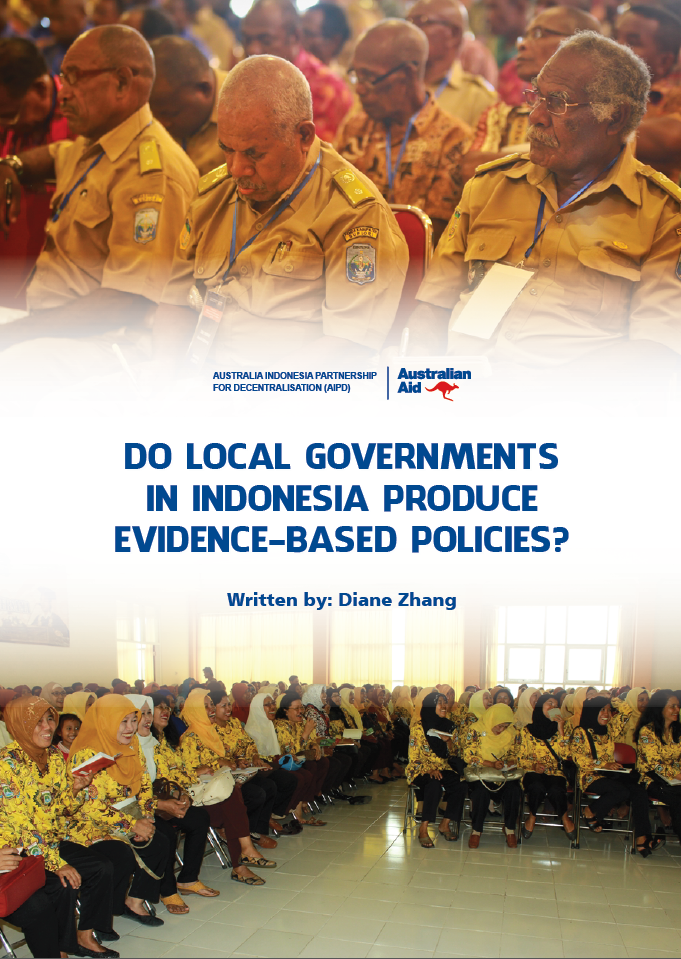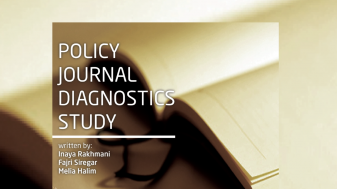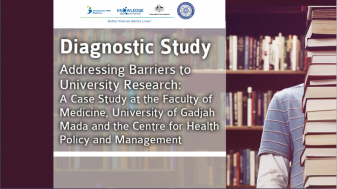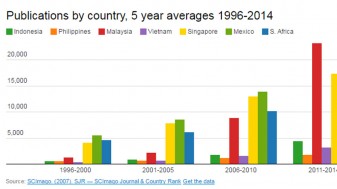Formulating evidence-based policies is an ambitious goal that many governance programs aim to achieve. A significant
criticism of policy makers in Indonesia is that planning and budgeting policies are driven by administrative and
compliance concerns – that is, policy makers are more concerned about whether the relevant plans and budgets meet
legislative requirements than whether the quality of those policies will increase the welfare of their citizens.
The Australia-Indonesia Partnership for Decentralisation (AIPD) program has encouraged sub-national governments in
Indonesia to produce evidence-based policies. The aim is to transform Indonesia’s planning and budgeting processes into
ones that use research and evidence to determine policy and budgeting decisions, both in terms of new and existing
policies. One of the main assumptions underpinning the design of the program is that two key obstacles to evidence-based policy making are (a) sub-national governments do not have access to sufficient data and research; and (b) sub-national governments do not have the capacity to use data and research in their policy-formulation process. As a result, AIPD focuses on increasing the availability of research and improving sub-national governments’ capacity.






